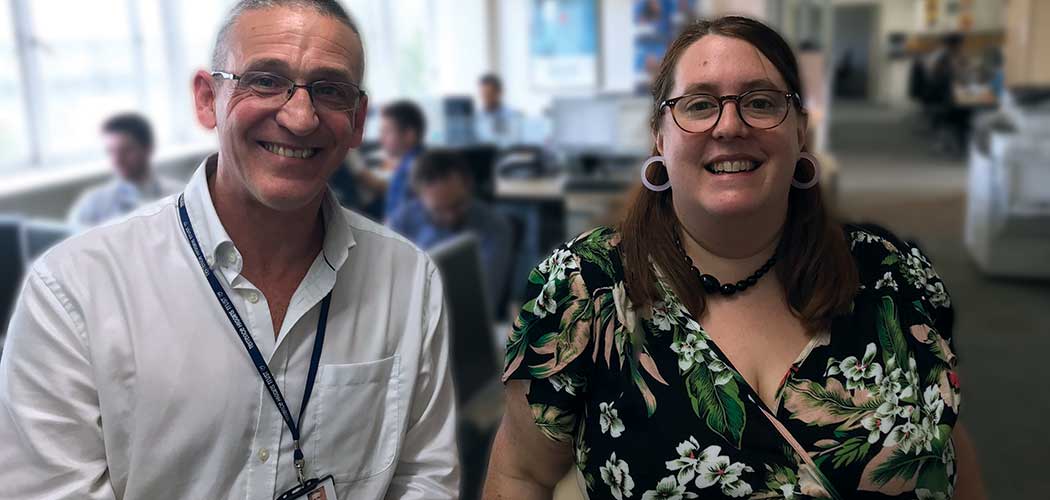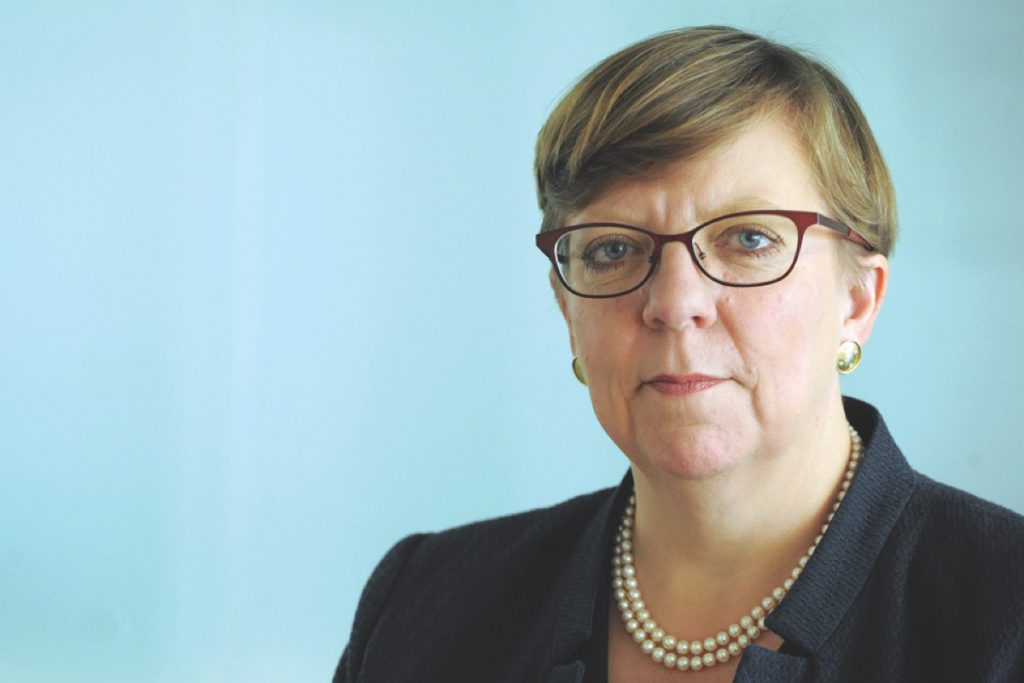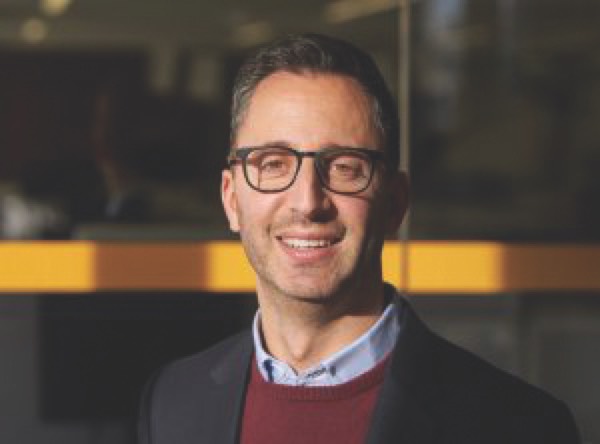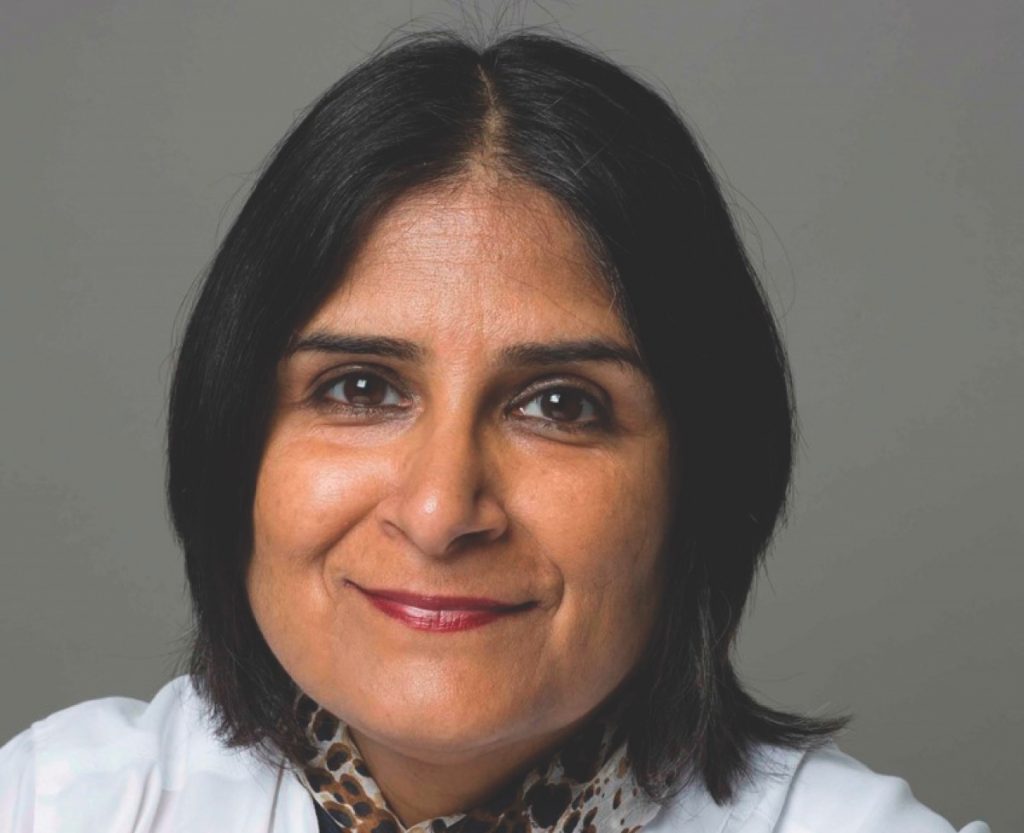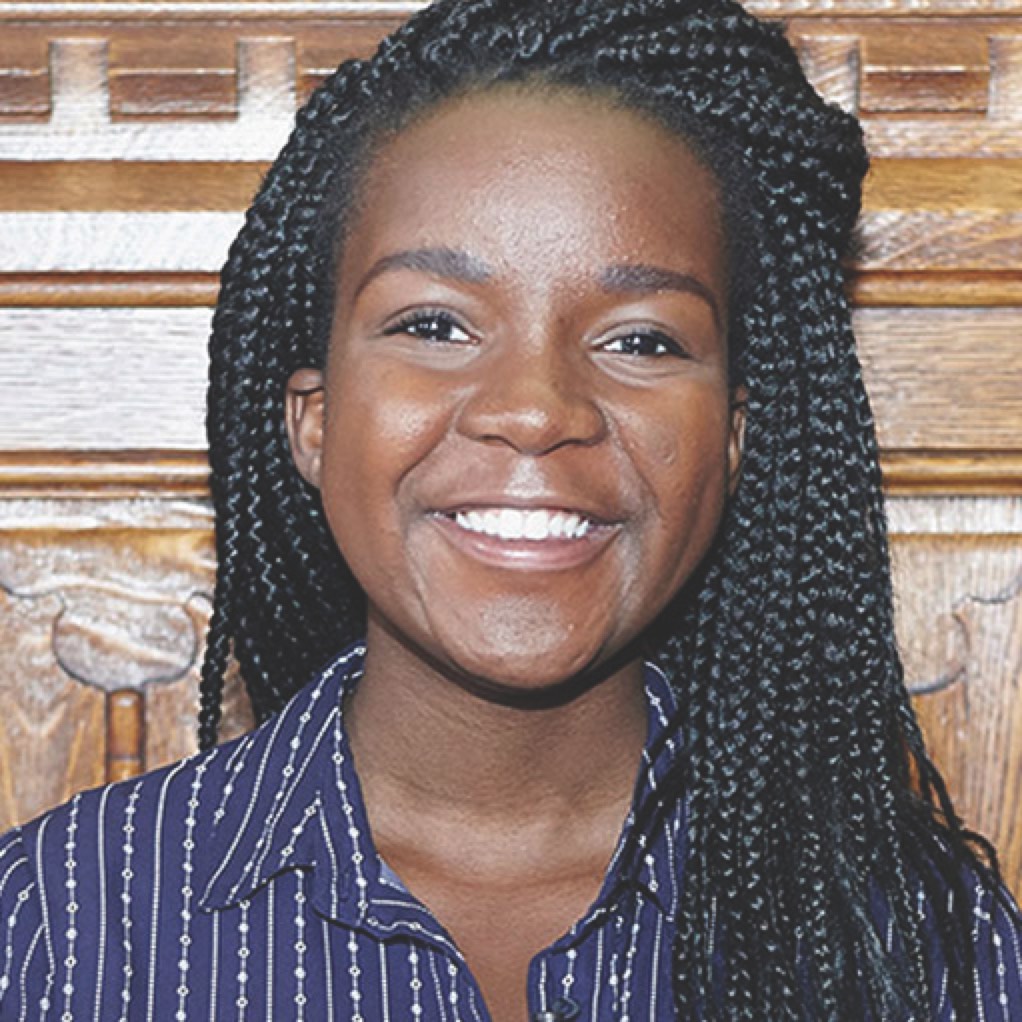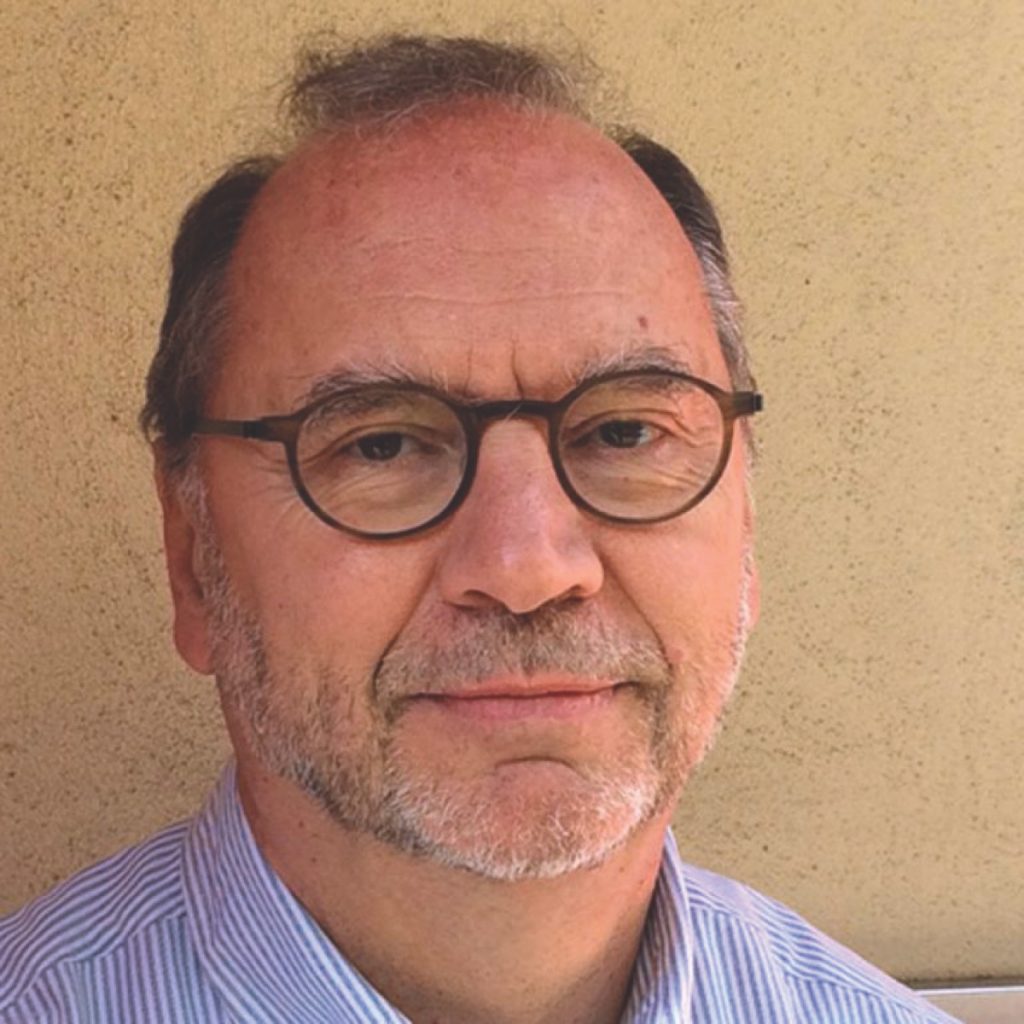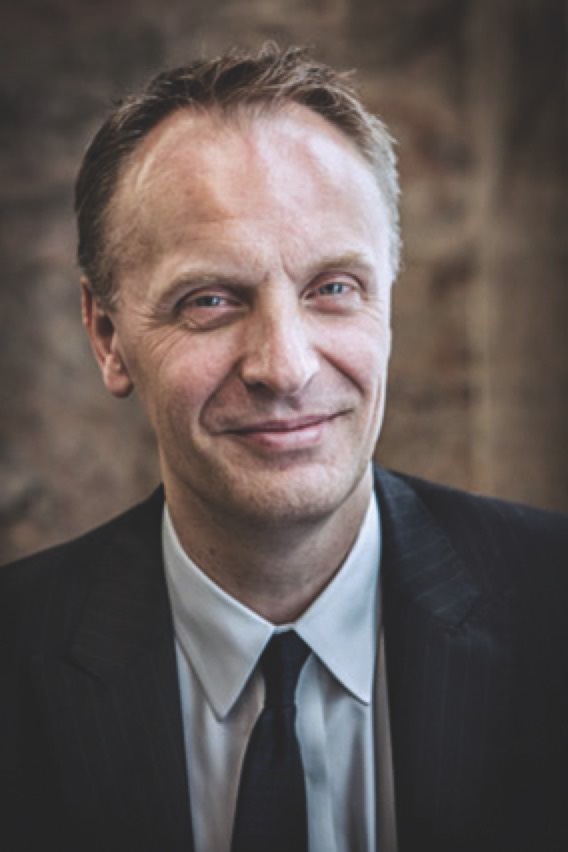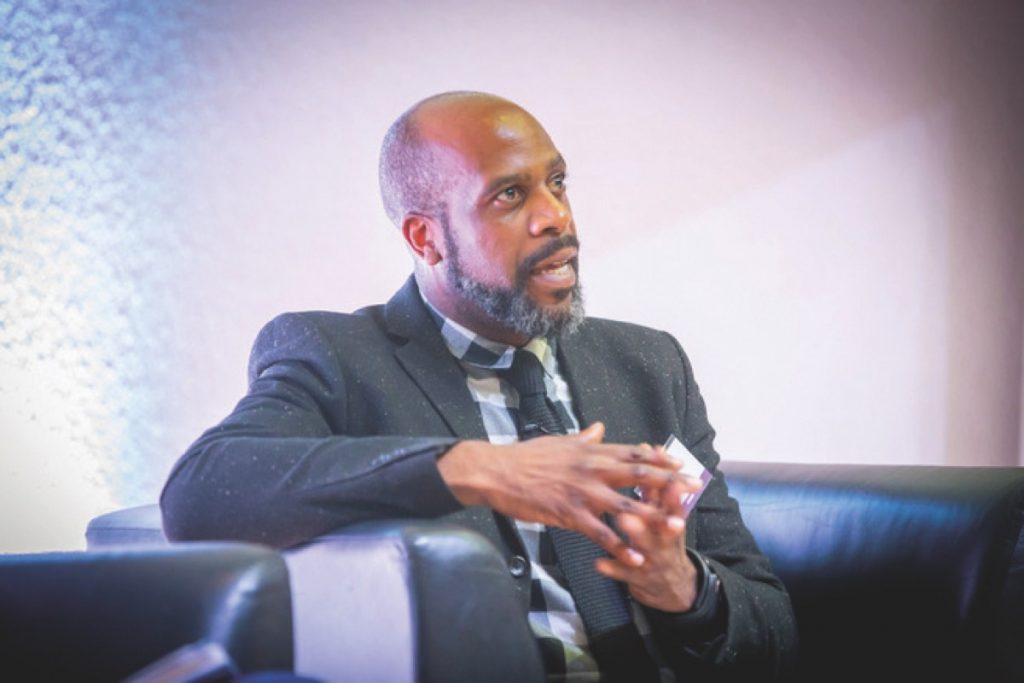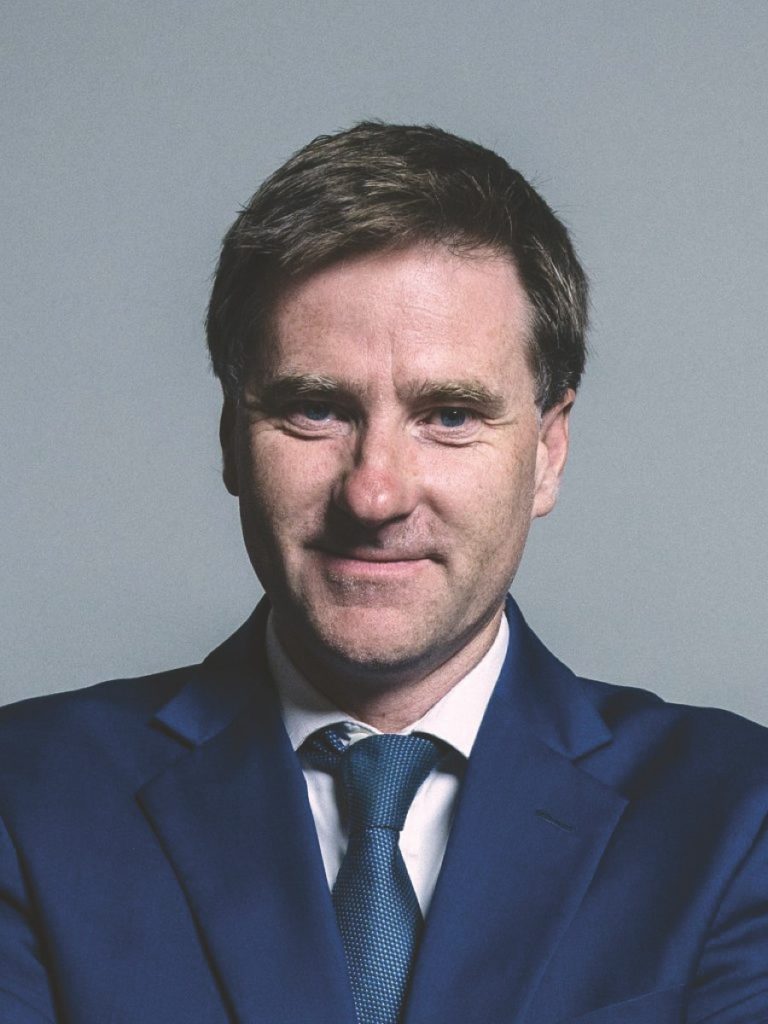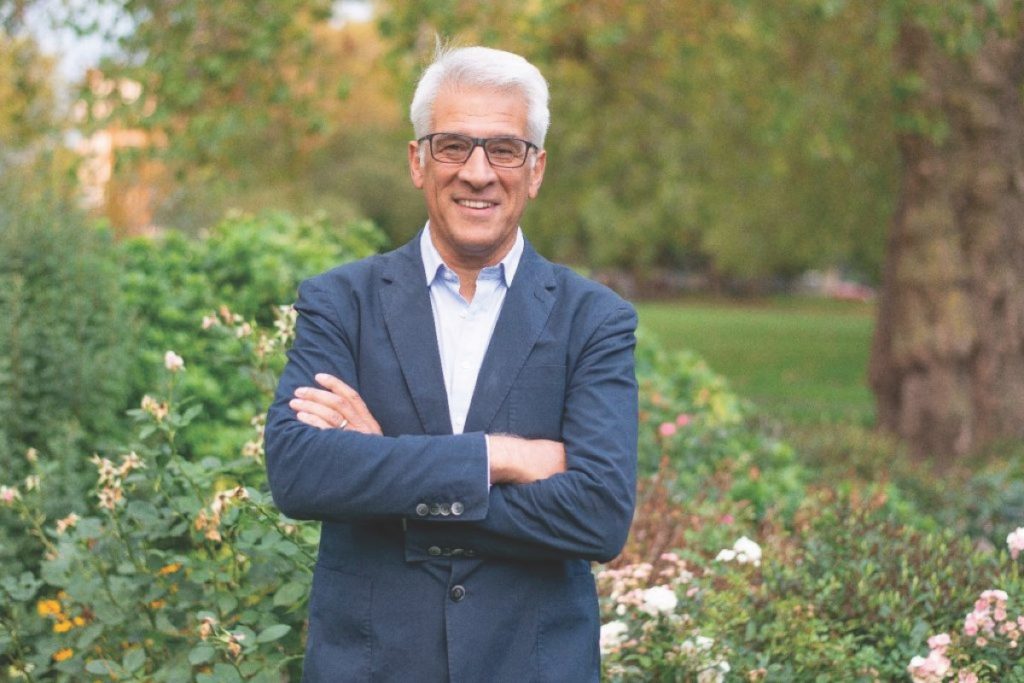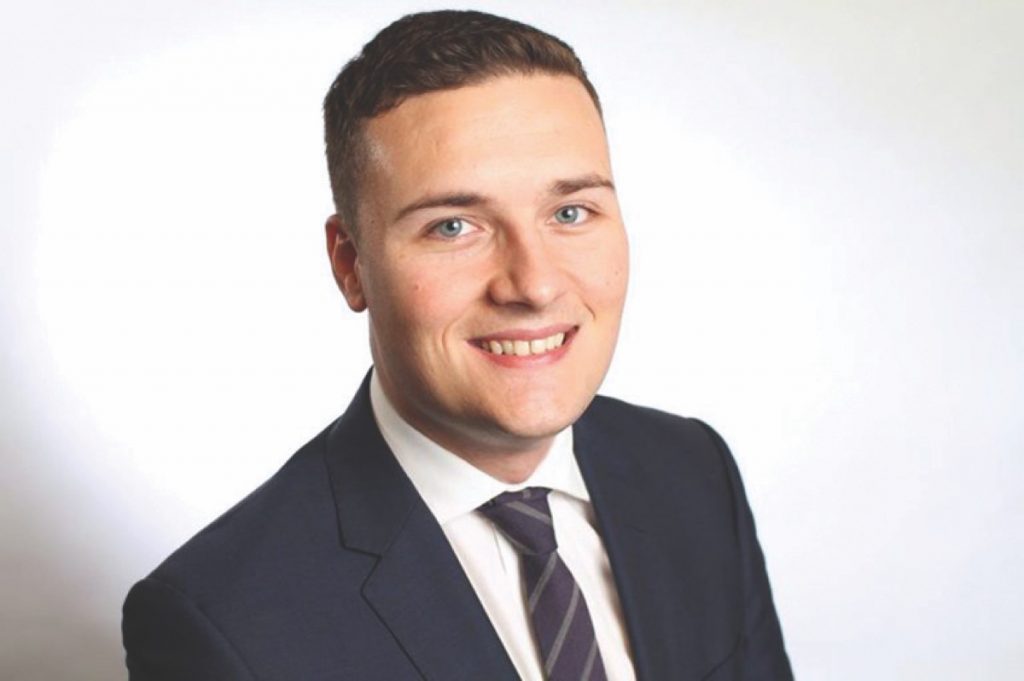Two of the country’s leading HIV charities – Terrence Higgins Trust and NAT (National AIDS Trust) – have announced the formation of the new independent ‘HIV Commission’ chaired by Dame Inga Beale, the former CEO of Lloyd’s of London, to propose evidence-based recommendations to end HIV transmissions and HIV-attributed deaths in England by 2030. David Bridle spoke to Ian Green, Chief Executive at THT, and Deborah Gold, Chief Executive at NAT, to find out more about this important new development in HIV prevention thinking and planning.
Why have you launched the HIV Commission now?
Deborah: Now is the moment; a mixture of the evidence being there, that what we’re doing is starting to work, and a little bit of political energy behind it and a goal that is massively stretching, but may be achievable, if we really decided we wanted to do it.
Ian: UNAIDS have already given the target of getting to zero HIV transmissions by 2030 and [Health Secretary] Matt Hancock made that commitment on behalf of the UK government back in January. We felt it was really important that as the two significant HIV charities that we could convene a really high level group of people to focus on what do we need to do in order to make this a reality. We think all of the tools are in the toolbox however bringing those together in a way that’s really going to focus on issues around testing, around late diagnosis, about how do we reach the 8% that are undiagnosed but also making sure that people are accessing care as quickly as possible. We needed to have a fresh pair of eyes looking at this, to say this is what needs to be done – to be bold and to be ambitious.
What was the seed of the idea of the HIV Commission, where did it start?
Ian: So both organisations were independently thinking along similar lines, that we needed to do some kind of initiative in order to be brave and to be bold – and to hold government’s feet to the fire as well. And so Deborah and I were having a regular catch up conversation and it sort of evolved and bubbled up but that was about 12 months ago. It was really important for us to get government sign up to this, and that’s not easy.
What form has that taken?
Ian: We have a commitment from the Secretary of State to do two things: one is to endorse this independent commission and secondly, and this is really important, to consider its recommendations. We know already that the government are supporting this independent approach to consider what needs to be done to end HIV transmission, but really importantly once the recommendations have been published, they have agreed that they will formally consider them. So that’s really good news.
Why do you think the zero target won’t happen if you carried on as you are?
Deborah: I think we’re doing lots of things right and we’re having really good success – and we’ve seen that in the decreases in new infections – but the better we do, the harder it becomes. The challenge to significantly ending new diagnoses is finding that 8% of people that don’t know they have HIV. Lots of them fall into what we call key populations; groups who are disproportionately affected like gay and bi men, people from black African communities. Those people aren’t necessarily getting the targeted messages and we’re not seeing the same level of improvement in all groups. We need to work out what’s working in the groups where it is working, and then work out the model that would work to find those other people, and that’s going to get harder. The models will change, the cost effectiveness will change, because you’ll have to test far more people to find somebody living with HIV – but that will be important because it’s the people that don’t know they have HIV where the epidemic continues to grow.
Can you tell us about the Commission’s Chair Dame Inga Beale?
Deborah: She’s had a long commitment to diversity, she’s been involved in Stonewall and other organisations. She’s a real leader in her field. She’s incredibly incisive. She’s had a massively impressive career in terms of leadership in the finance sector.
Ian: If you think about somebody who’s been chief executive of the biggest insurance market globally, Lloyd’s of London, somebody who’s openly bisexual and has come as a woman into senior leadership roles within what has traditionally been a male-dominated environment, who’s passionate about diversity and passionate about HIV – but not a subject expert and actually that’s good. We don’t want subject experts to be the commissioners. We want to bring freshness to the Commission’s work. We’re extraordinarily lucky to have somebody of her calibre chairing the Commission.
What will be the process?
Deborah: We can’t say specifically what the model will be but we know that it will involve a call for evidence and taking evidence from anybody that wants to do that. It will involve speaking to people living with HIV and people at risk of HIV, and making sure that the commissioners themselves have those conversations. It will certainly involve opportunities for them to meet people working in HIV like clinicians and voluntary sector organisations.
Ian: There will be some oral evidence given like a select committee as well as written submissions. There’s an advisory group of people from the wider HIV sector: community organisations, clinicians, academics, people with a global perspective and from statutory bodies who will work alongside the Commission to be their expert advisory group. We’re also keen for some of the evidence to be from outside of London, so it’s not just London-centric. It won’t be a dissimilar model from a parliamentary select committee.
What will be the Commission’s reporting process?
Deborah: There will be a written report with a set of recommendations; we’re hoping spring/summer next year.
Ian: Evidence gathering over the Autumn and early part of 2020, and then writing the report in the early part of 2020, with a publication in April/May hopefully.
You have a really impressive list of commissioners…
Deborah: I think what we’re really excited about is they’re all, in their own way, real leaders in their field, really high calibre, really wide range of sectors.
Ian: We have been extraordinarily fortunate in getting people like parliamentarians – a former Minister – a religious leader who’s very LGBT inclusive and who cares passionately about this area, a young woman who’s openly living with HIV who is a very passionate advocate, the editor of the Lancet – and there’s other commissioners yet to be announced. So I think we’re very lucky. We didn’t want the normal suspects. We wanted people who’d bring a fresh approach to this, who could actually start to think in that bold and brave way about the issue at hand. So I think, as you say, that we’ve come up with a really interesting and impressive list of commissioners.
Some Boyz readers might be surprised to see former head of the Crown Prosecution Services Alison Saunders as a commissioner?
Deborah: It’s really important to say that both NAT and Terrence Higgins Trust have really clear views on the criminalisation of HIV and it is an enormous injustice. It is a driver of stigma against HIV. The law is wrong, those prosecution decisions were wrong. Both our organisations have regular and very robust conversations with the CPS about our view on that, and Alison absolutely is clear about our position. She is somebody who listens and I think the benefit of having her involved on the Commission is that we need somebody with a really good understanding of the law and how those kind of decisions get made. We have the opportunity for her to meet people affected, to hear some of that evidence and to take advantage of some of that knowledge that she has.
Ian: I’m sure that if you look back over any prosecutor’s career, they’ll be decisions that they have taken that could be open to criticism. Do we think it’s better to have somebody like her sitting around the Commission’s table when we know that criminalisation is one of the biggest barriers to ending HIV transmission? Our judgement is absolutely yes it is, and she is somebody who is open and will listen and I think will contribute significantly to the Commission’s work.
Will there not be things the Commission might suggest that Terrence Higgins Trust and NAT might disagree with?
Ian: Absolutely, and I think that is a real possibility and it may well be that the Commission wants to say something to us as organisations and the HIV sector – and that’s why it’s independent. They absolutely have that ability. And they may talk about the way the sector is configured – and that absolutely might be a recommendation. It may well be that our organisations wish to submit evidence.
And it may change the way you do things?
Ian: Completely. It may well have an implication on Terrence Higgins Trust and on the wider HIV sector and that’s why it’s so important that it is independent and that we are not seen to be controlling the work of the Commission. And the reason we’ve got some very high calibre people in it, is that they wouldn’t allow us to in any way influence the outcome of the Commission’s work.
How is it being funded?
Ian: The two organisations are funding it from our charitable resources. We’re not getting any government funding or funding sources from the pharmaceutical industry for this whatsoever.
What are your personal hopes for the Commission?
Ian: For me, two things. One is that it is does have the ability to be brave and bold and its recommendations are forward-thinking, inspiring and they grab the public attention as well. The second is that the Commission should make sure that the wider public are aware that HIV hasn’t gone away and everybody has a responsibility to end the HIV epidemic. It’s not just the HIV sector or clinicians but actually it’s a shared responsibility and achievable. We could be one of the first countries to have a practical end to HIV transmissions. That’s amazing.
Deborah: To get the political commitment, the commitment from companies, from technology, from social media – all of the different players that actually need to want to do this, if we’re going to make it happen. And starting a new conversation about HIV because I think we’re still stuck in an old conversation about HIV and we need to change the narrative and I hope that this will kick start changing that narrative.
Chair, HIV Commission:
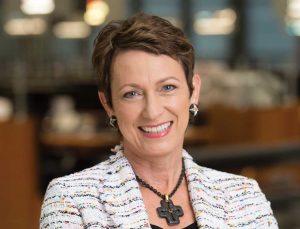
Dame Inga Beale
The former CEO of Lloyd’s of London
The Commissioners
Dr. Rob Berkeley
Founder and
Managing Editor at BlkOutUK.com
Steve Brine MP
MP for Winchester and Chandler’s Ford and former Parliamentary Under Secretary of State for Public Health and Primary Care
Rev. Steve Chalke
British Baptist
minister, Founder of the Oasis Charitable Trust, former United
Nations’ Special Adviser on Human Trafficking and a social activist
Joshua Graff
UK Country Manager
& Vice President EMEA & LATAM at LinkedIn
Dr. Richard Horton
Editor-In-Chief of
The Lancet
Mehmuda Mian
Independent Press Standards Organisation Board Member and
former BBC Trustee
Mercy Shibemba
HIV campaigner and winner of the inaugural Diana Award
Professor Peter Piot
Director of the London School of Hygiene and Tropical Medicine. Founding Executive
Director of UNAIDS and Under Secretary-General of the United Nations from 1995 until 2008
Alison Saunders
Dispute Resolution
Partner at Linklaters and former Director
of Public Prosecutions and Head of the Crown Prosecution Service
Wes Streeting MP
Member of Parliament for Ilford North
For more information go to hivcommission.org.uk



